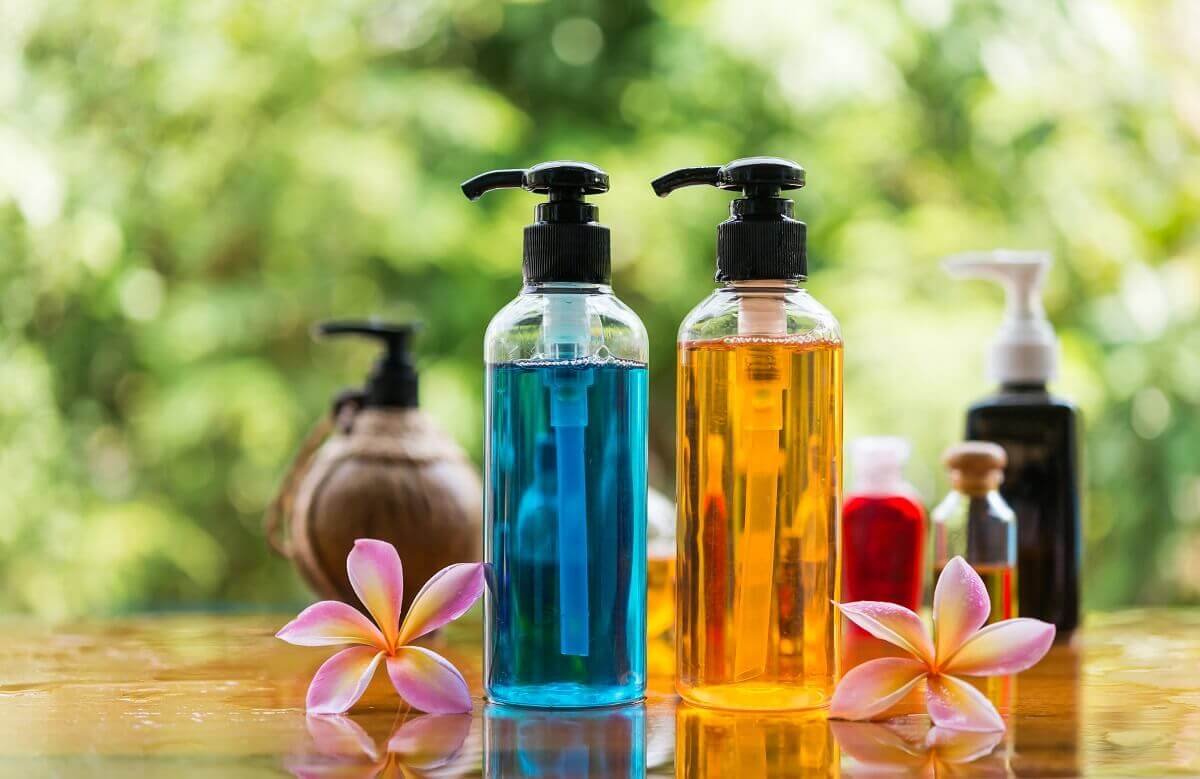
How harmful can common home-cleaning products be for your health? In 2014, the Guardian reported that the deputy assistant director of housekeeping at North Carolina State University received “several reports of rashes, occasional respiratory problems and headaches” among cleaning staff. It is said this may have been due to long-term exposure to the harsh chemicals and strong smells omitted by the home-cleaning products they were using.
Due to this discovery, the school—like many other universities, companies and organizations—switched to green, chemical-free and organic cleaners. Who knew a simple switch could do wonders for one’s health?
The bottom line is this: By switching to organic cleaners, you can preserve the health of your home, children and pets by limiting exposure to harsh chemicals. So, where do you start?
First of all, Scorecard is a great resource to learn more about the chemicals used in common cleaning products. Simply search any chemical in its easy-to-use search bar, and it will pull its hazard ranking and other helpful details. Be informed so you can educate your family and friends, and hopefully, inspire them to start using organic cleaners, too.
When it comes to home-cleaning brands, here are some to consider:
– Ecover: Based in San Francisco, Ecover continues to take inspiration from nature to pioneer green-cleaning ingredients that work well and leave nothing dirty behind. They currently have 35 products distributed in more than 40 countries.
– ECO-88: ECO-88 is a revolutionary new product especially made to permanently remove all stains and odors associated with bacterial decomposition caused by pets, people and other related accidents
– Mrs. Meyer’s: Mrs. Meyer’s products are thoughtfully formulated with plant-derived ingredients and essential oils to make products that are powerful against dirt and grime while being a pleasure to use.
– Seventh Generation: Seventh Generation’s laundry detergent is free of dyes and artificial brighteners, and delivers a powerful, stain-fighting clean.
Here are some helpful tips for “keeping it green” when you begin your household cleaning, courtesy of TreeHugger.com:
– Avoid conventional dry cleaners
Conventional dry cleaners are the largest users of the industrial solvent called Perchloroethylene, or perc, which is toxic to humans and also creates smog. The two most common green dry cleaning methods are carbon dioxide cleaning and Green Earth. Seek out cleaners that use green methods. If you do take clothes to conventional cleaners, be sure to air them outside before wearing them or putting them in the closet.
– Avoid poor indoor air quality
It is not uncommon for the air inside a home or office to be more toxic than the air outside. This is because of the presence of toxic materials and substances and the fact that homes and buildings are better insulated than ever before (which is a good thing from an energy standpoint). Keeping windows open as often as possible allows fresh air in and keeps toxins flowing out. This is especially important when cleaning your home.
– Clean your indoor air naturally
Skip the store-bought air fresheners and instead try boiling cinnamon, cloves, or any other herbs you have a fondness for. Fresh chocolate chip cookies also have been known to create a friendly aroma. Also, plants may not make your house smell different but are good for filtering interior air–pretty much any broad green leaf plant will do. Peace Lilies are a favorite choice.
– Be careful with antibacterial cleaners
The antibacterial and antimicrobial ‘cleaners’ that many people think are necessary, especially during cold season, don’t clean hands better than soap and water, and also add to the risk of breeding “super germs,” bacteria that survive the chemical onslaught and have resistant offspring. The FDA has found that antibacterial soaps and hand cleansers do not work better than regular soap and water, and should be avoided.
At the end of the day, don’t stress yourself out too much over organic cleaners. The most important thing when it comes to home-cleaning is to know the facts and work from there. When in doubt, look for products that have an EPA Safer Choice certification, which confirms that every ingredient has been reviewed by the EPA to ensure it meets their stringent human health and environmental criteria. When you go organic, you can rest assured that you made the right choice.
For any questions or additional tips, feel free to browse the site or get in touch by leaving a comment below!



